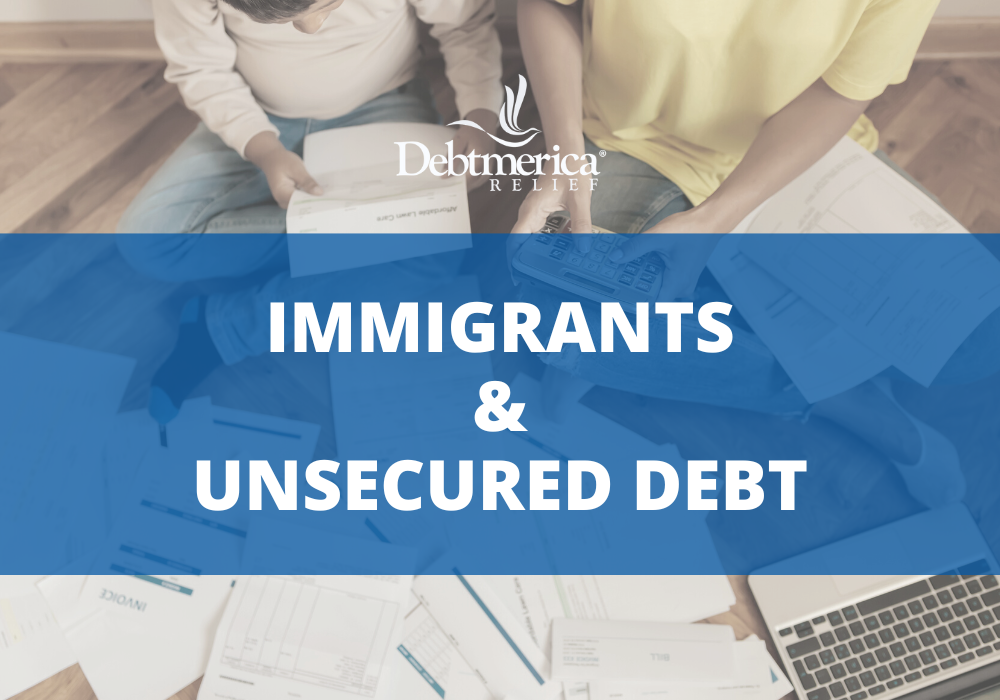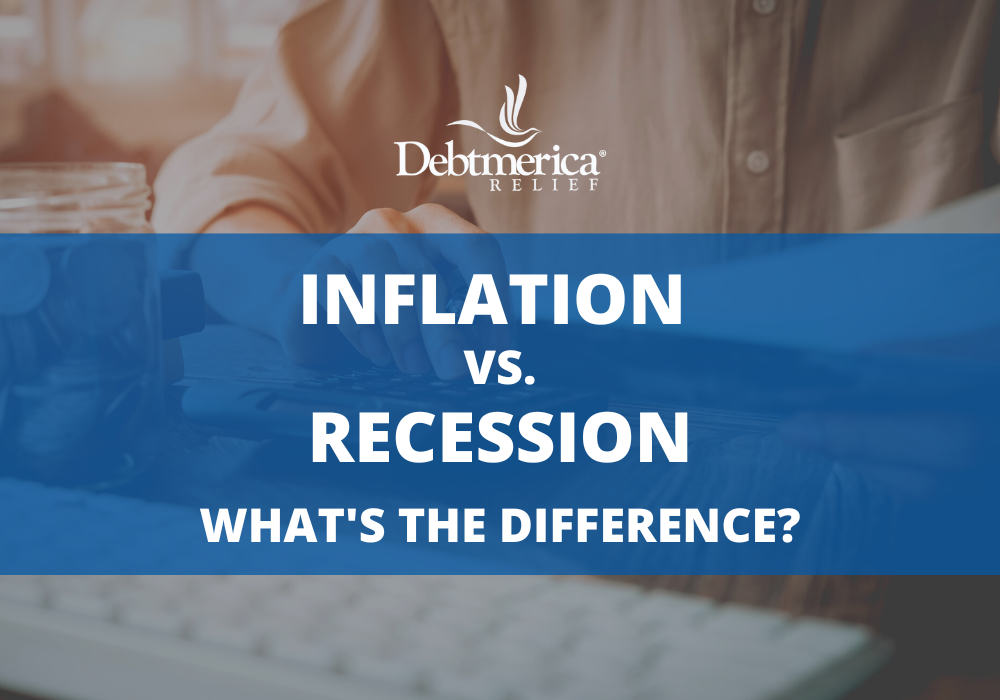Immigrants & Unsecured Debt

Exploring how U.S. consumers utilize credit can be indicative of the economy as a whole, especially when looking closely at the behaviors of immigrants in the country. Recent studies have found that immigrants have the tendency to be underbanked, in other words, they are less inclined to have unsecured debt such as loans that are not backed by collateral, like credit cards, medical bills, utility bills, and most personal loans.
Are immigrants eligible for loans in the U.S.?
Starting life over in a new country can be a daunting and financially unstable process. It’s fair to assume that sometimes loans are necessary to help make it more affordable and less stressful. Unbeknownst to many, it is possible to obtain a loan without a credit history or Social Security number. However, loans are only given to non-citizens who plan to stay and work in the country for at least three years after the loan is given.
Why are immigrants underbanked in the U.S.?
It might be hard to believe that immigrants are underbanked since they constituted about 17% of the U.S. labor force in 2019 and paid more than $330 billion in income taxes that same year. It begs the question, if they are contributing to the U.S. economy through labor and tax dollars, why not take advantage of the financial institutions and loans available?
Surveys have shown that many are limited when it comes to interactions with banks because of language barriers, while others are too hesitant out of fear of being deported. This has been especially true since the Trump Administration passed a law in 2019 that allows the government to determine immigration status changes based on the immigrant’s financial situation. However, the Biden Administration has recently proposed a new immigration policy that seeks to end the Trump era policies.
Debt Relief for Immigrants
Even though many immigrants in the U.S. are underbanked and have only minimal amounts of debt, this is unfortunately not the case for all U.S, consumers. Many are burdened by large amounts of debt caused by the high cost of living. Some are financially crippled by debt as there may not be many opportunities for career advancement or wage increases to offset their debt burden. If you need help with debt, give us a call at 800-470-8155 for a free consultation.



